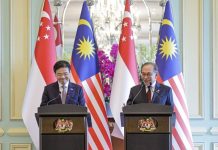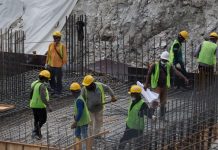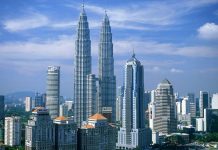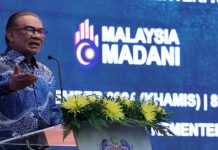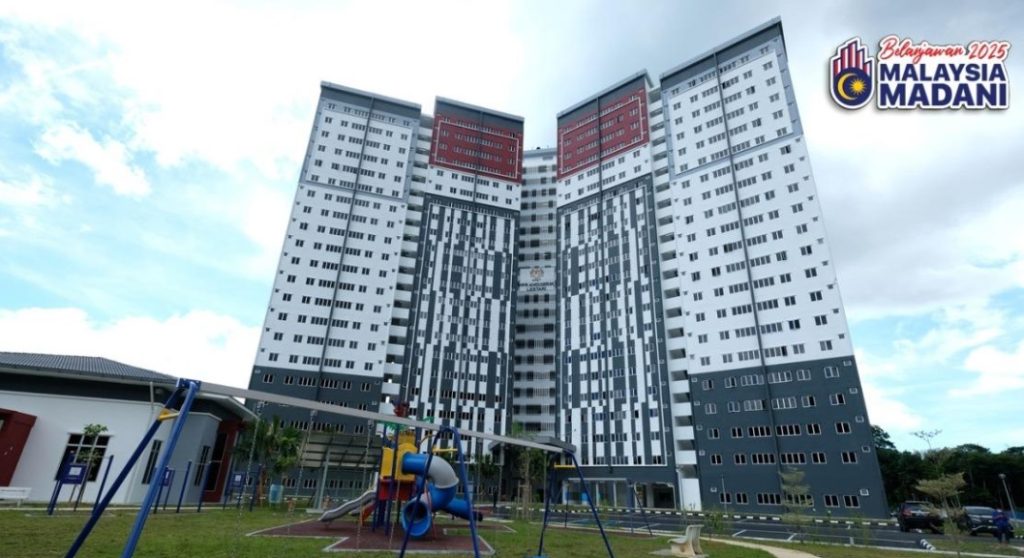
In the MADANI government’s efforts to further boost the real estate market in Malaysia, the National Budget 2025 featured initiatives that focuses on people-centric infrastructure and sustainability that aligned with global real estate trends such as green building practices and transit-oriented developments.
Knight Frank Malaysia noted that the strengthening of the ringgit will further reinforce confidence among foreign investors in Malaysia’s real estate market, making it a more attractive destination.
“These investments will act as a catalyst for property market growth, boosting both residential and commercial demand and enhancing long-term property values,” it said.
According to the real estate agent and property managing company, key projects like the expansion of the North-South Expressway, Johor-Singapore Rapid Transit System (RTS), Penang International Airport and Klang Port are expected to enhance connectivity while widening roads at Lingkaran Pulau Indah and Pelabuhan Utara Klang drive real estate growth in key areas, spurring demand for both residential and commercial developments and bolster long-term property values.
Knight Frank also said that the Budget 2025’s introduction of tax incentives for flexible working arrangements is expected to reshape demand in the commercial real estate sector.
“We anticipate increased interest in logistics hubs and manufacturing facilities as Malaysia continues to grow its digital and high-tech sectors,” it said.
As for residential, the government’s allocation of RM900 million for the ‘Program Residensi Rakyat’ (PRR) and ‘Rumah Mesra Rakyat’ housing schemes under Budget 2025 is expected to address the critical need for more affordable housing options.
On this, PropertyGuru and iProperty Malaysia country manager, Kenneth Soh said the allocation is vital in a market where inflation, higher interest rates and rising cost of living continue to impact the ability of many Malaysians purchase their first home.
Soh commented that the government’s allocation of RM12.8 billion for the House Credit Guarantee Scheme (SJKP) to support 57,000 first-time buyers marks a significant step in improving financial accessibility for home ownership.
“This expanded scheme broadens eligibility, enabling individuals with limited financial history or lower incomes to qualify for home loans,” he said, citing PropertyGuru’s own 2024 consumer sentiment study that showed 44% of first-time buyers struggle to save for down payments due to the impact of inflation, high living costs and rising interest rates.
Regarding the income tax relief on home loan interest payments, Soh said it aligns with the urgent need for supportive measures in the housing market, reflecting the government’s responsiveness to the challenges faced by potential homeowners.
“Our study revealed that 50% of respondents expressed a strong desire for increased government support through affordable housing schemes and financial subsidies,” he added.
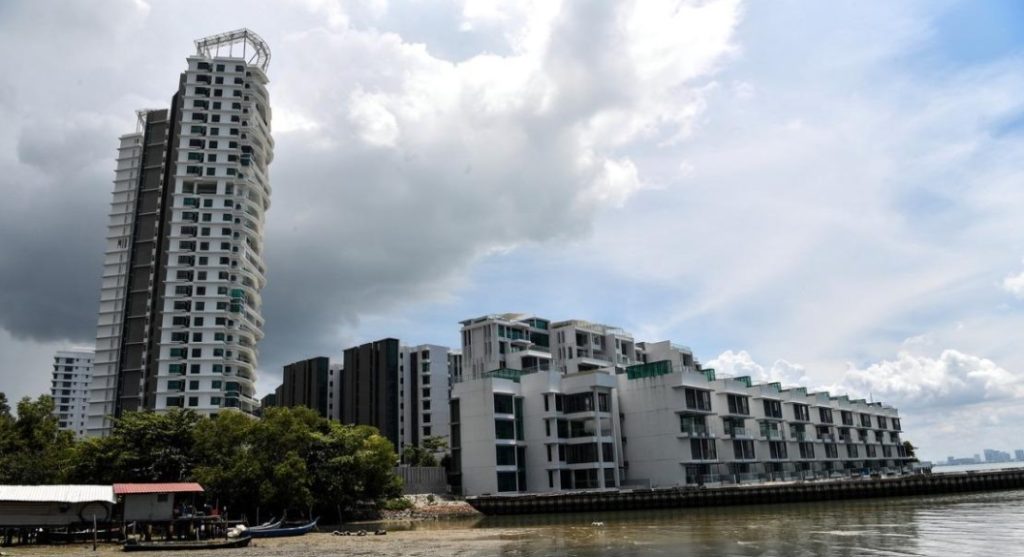
Home purchases expected to increase in 2025
During the Budget 2025 announcement, Prime Minister Datuk Seri Anwar Ibrahim said that the RM900 million allocation includes the construction of 2 new PRR projects in Port Dickson and Seberang Perai Tengah, adding to the 30 PRR projects that are expected to be completed by the end of 2025 which will benefit 17,500 new residents.
To further encourage first-time home ownership, the government is proposing a personal tax relief of up to RM7,000 on housing loan interest payments, including tax relief of up to RM7,000 for residential properties priced up to RM500,000.
This is believed to increase home purchases, focusing on poorer and middle-class households who tend to spend a larger portion of their income on basic goods and services compared to the wealthy.
Regarding this, Juwai IQI co-founder and group chief executive officer, Kashif Ansari noted that the government has invested considerable effort in fighting corruption and channeling subsidies and incentives to those who need it most, stimulating economic activity and internal demand.
“The budget allocated RM34.45 billion to lower- and middle-income groups, which will reduce cost-of-living pressures, encourage job growth and increase home purchases,” Kashif pointed out.
He also believes that the Budget 2025 is powerful enough to attract large scale investments into the Johor-Singapore Special Economic Zone (JS-SEZ) and Johor has a golden opportunity for the development of new homes as well as industrial and commercial properties to serve a growing and increasingly high-income population, adding that development opportunities could be concentrated in areas like Forest City, Tuas Link and around the new high-speed rail (HSR) stations.
Juwai IQI foresees 2 themes that will dominate the residential market next year, which includes mixed-use developments and integrated townships to predominate, combining residential, commercial, retail and recreational spaces.
The second major residential real estate theme will be the increase and improvement in the supply of affordable housing.
“Everyone should have access to decent and affordable housing. The government’s focus on affordable housing should lead to more construction of social housing and homes priced below RM300,000,” he added.
Kashif further noted that Malaysia’s economy is set for a strong 2025, with key sectors like manufacturing, technology exports, construction and services driving growth.

















